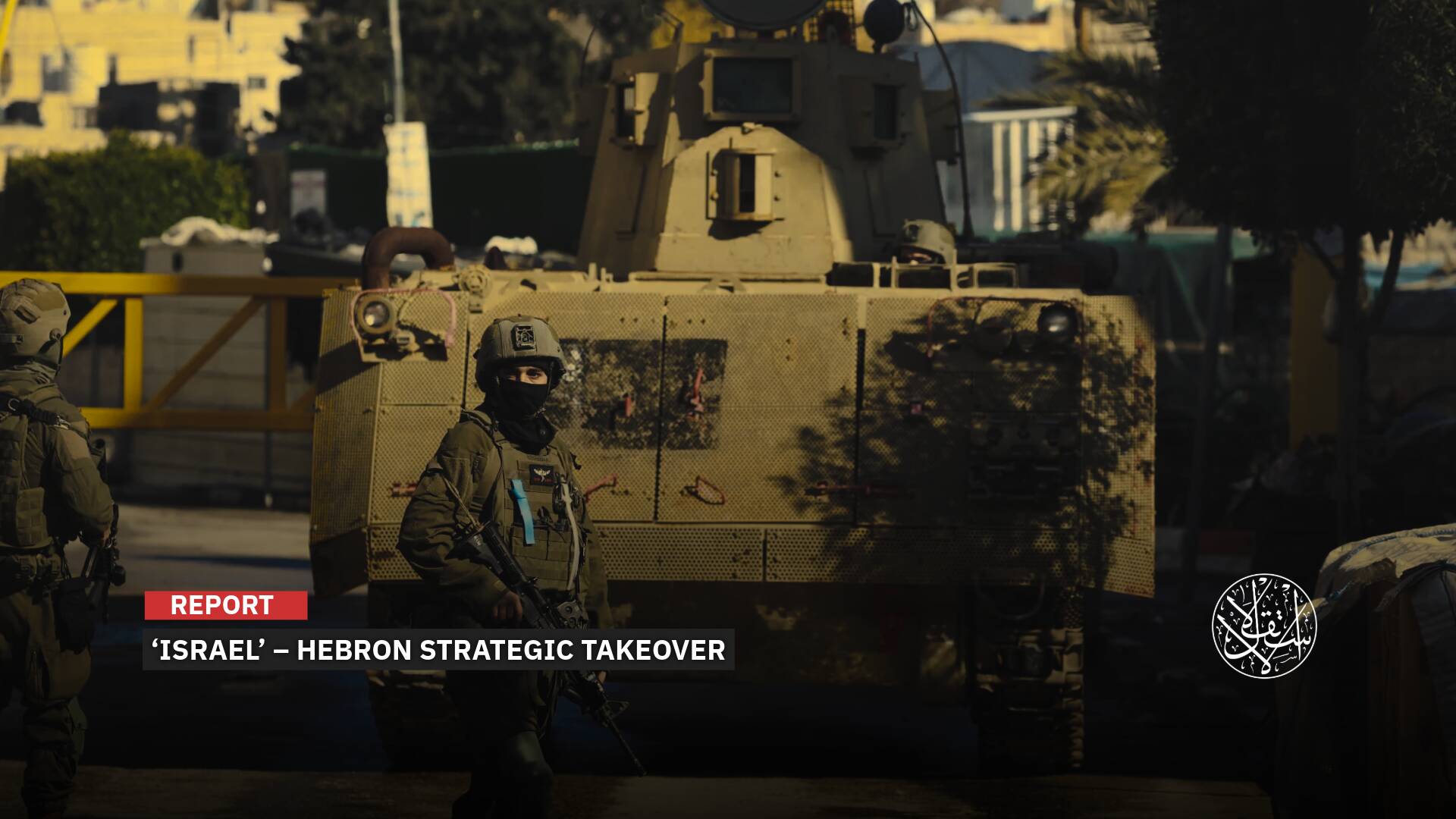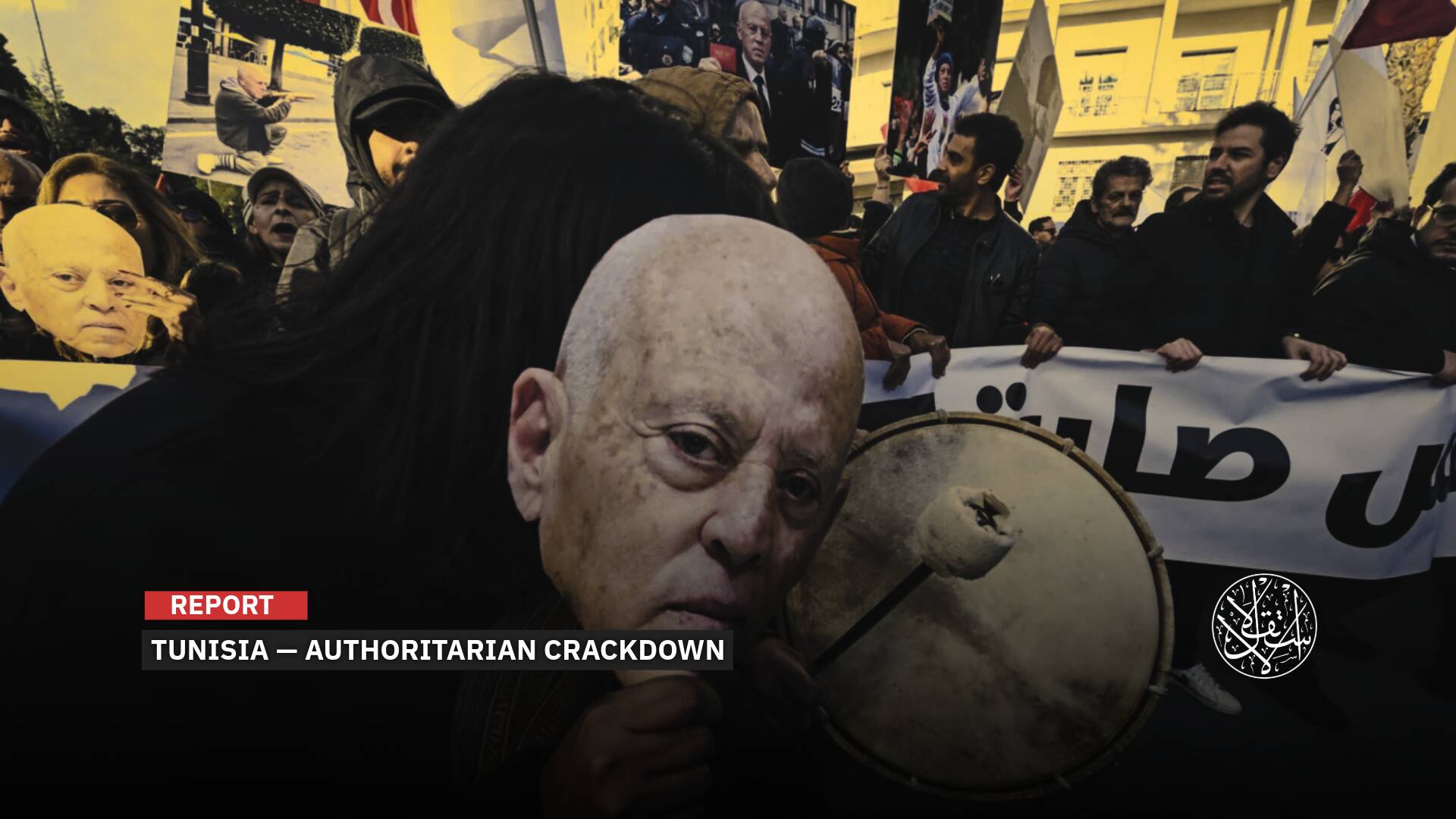Why Does the West Fear Putin’s Rapprochement With North Korea?

In a rare visit, the leaders of North Korea and Russia met last week at a military base near the border, where they discussed ways to boost their cooperation in the face of mounting international pressure.
The meeting, which was the first between Kim Jong-un and Vladimir Putin since 2019, was reported by Foreign Policy magazine, which cited sources familiar with the talks.
According to the magazine, North Korea is seeking Russian help to upgrade its military capabilities, including acquiring advanced fighter jets, spare parts, components, raw and compound fertilizer materials, and technical assistance.
Russia, in turn, is interested in North Korea’s artillery shells and rocket artillery ammunition, which can be used with the Soviet-era launchers that the Russian armed forces still operate.
In conjunction with Kim’s visit to Russia and his meeting with the Russian president, the North Korean military launched at least one ballistic missile, according to the South Korean military, in a new missile test that the Joint Chiefs of Staff in Seoul said that the test toward the “East Sea is unspecified,” using the Korean name for the Sea of Japan.
Tokyo confirmed North Korea’s missile test but said the Japanese coast guard had detected Pyongyang’s launch of two ballistic missiles, not one.
NHK, Japan’s public broadcaster, quoted government sources as saying that “the two missiles apparently landed outside Japan’s economic zone.”

Non-Complete Rapprochement
However, the magazine noted that the two leaders may not be able to fully satisfy each other’s needs. North Korea may want to access Russia’s sensitive nuclear marine propulsion technology, which Moscow is unlikely to share for a low price.
Russia may want to get more advanced North Korean missiles for possible use in Ukraine, but Kim may be reluctant to part with them for his own security and deterrence.
The magazine said that the main driver of the recent surge in Kim and Putin’s relationship was their shared strategic interests.
Moscow may want to challenge the world order that favors the West, but having North Korea as an ally in this effort will have limited value.
For North Korea, the aspiration to forge closer ties with Russia predates the pandemic and Russia’s invasion of Ukraine.
The magazine suggested that the prospect of a stronger bond between Kim and Putin is worrisome for the United States but not catastrophic.
Even if Putin and Kim have little affinity for each other, they will both continue to pose a threat to American interests on their own.
The most significant consequence of this relationship is its effect on the current diplomatic strategy, which aims at curbing North Korea’s nuclear weapons program.
Russia’s overt and explicit backing of North Korea against the U.N. sanctions regime will render the already unrealistic goal of nuclear disarmament unattainable.
The magazine argued that this should prompt the United States to rethink its approach toward North Korea.
While the chances of diplomacy seem bleak now, Washington should recall that the same tactic of engaging with great powers is what led Kim to travel by train to Hanoi to meet with former U.S. President Donald Trump.
It concluded that persuading Kim to distance himself from Moscow will be a hard task, but Washington must be ready to use all its diplomatic tools to offer North Korea a better option.

Weapons Threat
The French magazine L’Express revealed the growing alarm over the possible military implications of the recent summit between the leaders of Russia and North Korea since it could pave the way for a transfer of technology and weapons that would pose a security threat to Asia and beyond.
The report said that the two leaders, who met on September 13 at the Vostochny spaceport in Russia, displayed a warm rapport and a shared interest in space exploration. Kim, who failed twice this year to launch a spy satellite, praised Putin and said: “We will always be with Russia.”
However, the report also raised the specter of a covert deal that would allow Moscow to supply Pyongyang with ammunition in exchange for access to its space technology.
General Jerome Pellistrandi, editor-in-chief of the National Defence Review magazine, told L’Express: “We can fear military cooperation between the two countries, which may be based on transferring technology in the field of space from the Russian side in exchange for North Korean ammunition that Moscow urgently needs in Ukraine.”
The report said that North Korea, which is technically still at war with South Korea, has a large arsenal of weapons that could be useful for Russia in its conflict with Ukraine. These include 122 mm rockets, 152 mm shells, and artillery pieces.
General Pellistrandi said that such a flow of ammunition would not alter the balance of power in Ukraine, but it would give Moscow a significant boost. He added that it was unlikely that North Korea could meet Russia’s huge demand for ammunition alone.

International Violations
The report also cited the reactions of other countries in the region, who expressed concern over the potential consequences of the summit.
Kim Gi-hyeon, leader of the ruling party in South Korea, called the meeting “the evil agreement” and said it threatened not only peace in Northeast Asia but also world peace.
Yoko Kamikawa, Japan’s foreign minister, said the meeting could lead to violations of the U.N. Security Council ban on arms sales to North Korea.
The report quoted Matthew Miller, spokesman for the U.S. State Department, who said that Washington was worried that Russian assistance in space could help North Korea improve its ballistic missile program.
According to L’express, experts said that the military cooperation between Russia and North Korea could go beyond space technology.
Cheong Seong-chang, a researcher at Sejong Institute in Seoul, told L’Express: “There is fear that North Korea will ask Russia for help to develop its program for submarines powered by nuclear energy.”
Many specialists expected Pyongyang to pursue this goal by 2025, but it would need Moscow’s help to achieve it.
It was unclear whether Russia was willing to engage in such technology transfers, which would undoubtedly fuel an arms race in the region.
But China, North Korea’s main ally and trading partner, would not tolerate such a reckless move by Pyongyang and Moscow.
General Pellistrandi said that such an escalation would have a negative impact on China’s economy and political stability.










